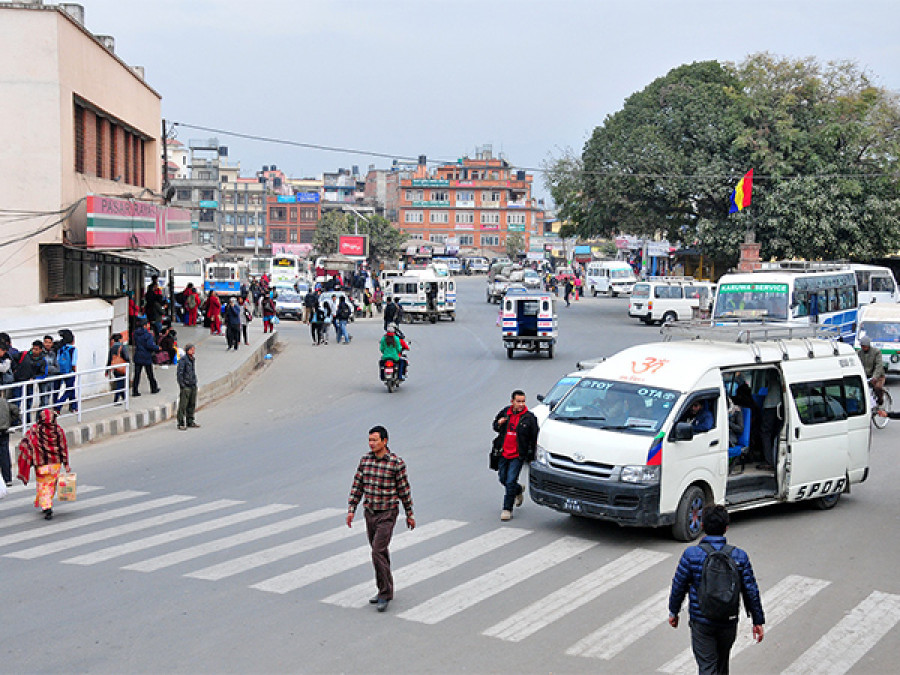Valley
Evicted Lalitpur street vendors await relocation
Though the recent addition to the infrastructure in Lagankhel has transformed the area with tidy footpaths, vendors who used to operate small shops in the same areas have had to pay a heavy
Kaushal Ghimire
Laxmi Rai from Udaypur is one of those vendors removed from her pavement-operated business as a part of the Lalitpur Sub-Metropolitan City’s campaign ahead of the 18th Saarc Summit last year. A single mother of two, Rai said her entire family was dependent on her footpath shop. “Right now, I am unemployed and living on meagre savings. After my savings run out, only god knows how I will survive,” she said. “I have no income source to pay my rent and my daughter’s school fees.” Just a few months back, she was making her income as a street vendor which gave her a satisfactory living. Rai’s next door neighbour, Jewan Bahadur Kham of Rukum, also used to make his living as a street vendor. During the eviction drive, police manhandled him several times even confiscating his wares. “They would take my goods and would demand money in return,” said Kham. “If the government does not assure us alternatives, I will try my luck abroad.”
Around 200-300 street stalls and footpath shops in Lagankhel were removed, as the LSMC cited these vendors were creating inconvenience to the pedestrians and the vehicles. “The street shops were also making the footpath very dirty,” said Tara Bahadur Karki, LSMC chief. Even as most of these vendors have no alternative for survival, the LSMC has no plans to relocate them with alternative vending zones. “The street vendors were operating their business illegally and hence the state cannot take care of their employment,” Karki said. “They must seek an alternative.”
The sub-metropolis replicated the Kathmandu Metropolitan City’s campaign in which around 10,000 street businesses were evicted from the streets.




 20.53°C Kathmandu
20.53°C Kathmandu














